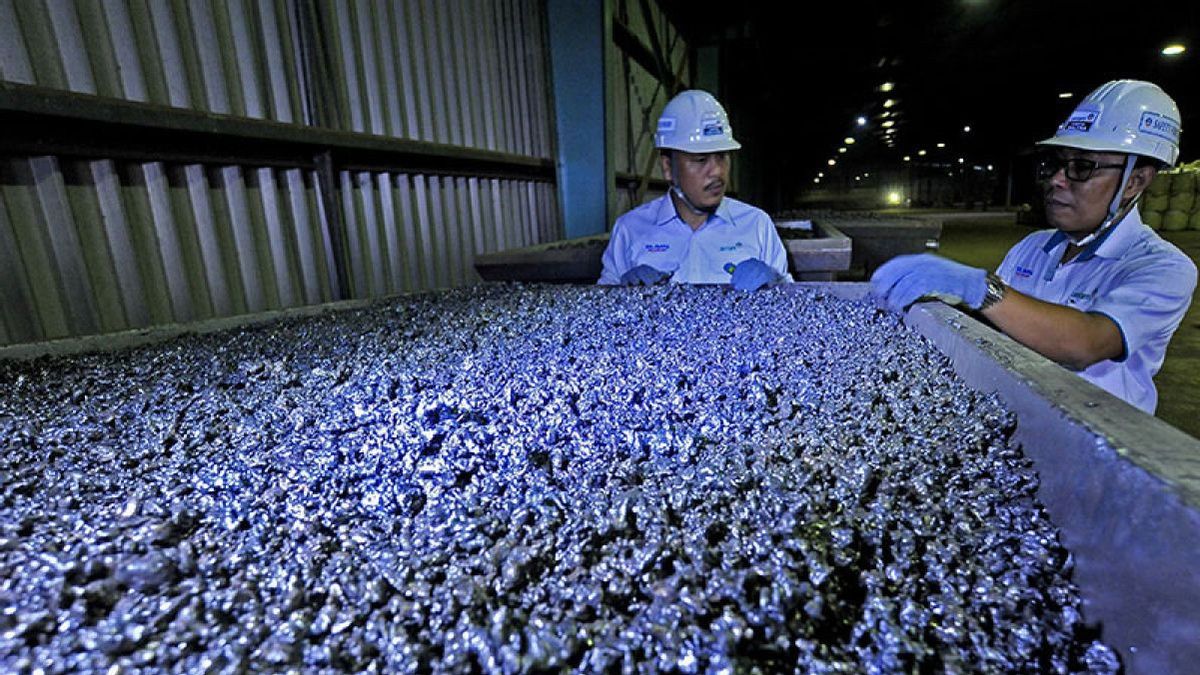Chairman of the Advisory Council of the Indonesian Chamber of Commerce (Kadin) Anindya Bakrie said the decline in nickel prices was not a problem for Indonesia.
According to him, Indonesia still needs to process nickel into semi-finished goods so that it can raise the selling price of nickel at a lower cost. Thus, he said, it can increase the competitiveness of nickel products.
"In terms of nickel itself, the price drops is not very important. Why, because it means that we can actually process raw materials into semi-finished materials at a cheaper price that can increase competitiveness for buyers," said Anindya in a discussion in Jakarta quoted on Tuesday, January 30.
Anindya said the challenges faced by Indonesia did not lie in price but how Indonesia's ability to seek funds and technology to process nickel optimally for its own interests.
Anindya argues that if Indonesia is able to pass this test, nickel will still be able to become a commodity in demand so that price adjustments can occur on their own.
SEE ALSO:
"If we pass this test, I think nickel will be able to remain something of interest and the price will improve itself because of the demand supply," added Anindya.
Another thing, he said, is that if Indonesia is able to absorb domestic nickel products and is widely used, it means nickel recycling will also occur. He also believes this can reduce nickel prices because most of the materials that have been used can be reused by up to 99 percent.
"For example, if it is widely used domestically, it means that the recycle will be in the country as well. Well, this can make the price relatively lower because 99 percent of what has been used can be used again. Well, I think it is actually a long term," explained Anin.
The English, Chinese, Japanese, Arabic, and French versions are automatically generated by the AI. So there may still be inaccuracies in translating, please always see Indonesian as our main language. (system supported by DigitalSiber.id)
















